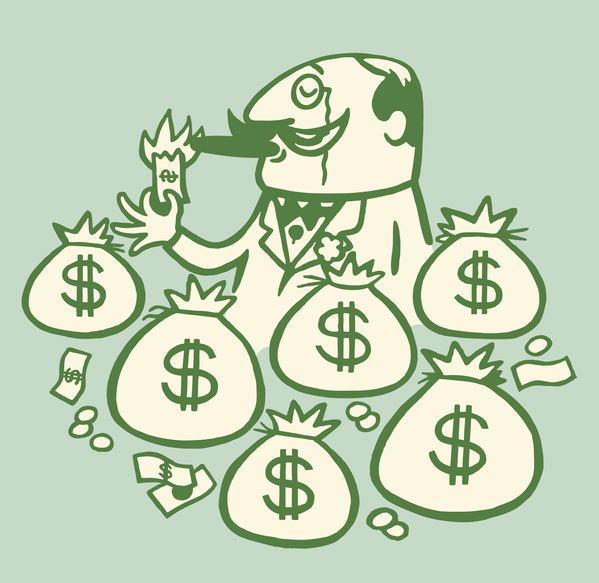I recently came upon an article that I strongly recommend everyone read. A ProPublica investigation titled “Wealthy Executives Make Millions Trading Competitors’ Stock with Remarkable Timing” investigates how wealthy executives and investors are raking in millions of dollars by trading the stocks of their rivals and business partners. The article analyzes IRS records to demonstrate how top CEOs frequently have impeccable timing for their trades, selling just before negative news is made public and buying just before positive news is made public. This enables them to minimize losses and generate enormous revenues.
The likelihood of insider trading in the healthcare sector is highlighted in the article. There are stringent regulations governing when executives and investors can trade equities in the highly regulated healthcare sector. The essay contends that these regulations are not being effectively implemented. Rich CEOs and investors can therefore profit handsomely from their inside information.
The following are some of the major points of the article:
- Although the article’s focus is on the healthcare sector, its conclusions may also be applicable to other sectors.
- They follow the trades of affluent executives and investors using IRS information. These documents demonstrate that these people frequently exchange stocks of their partners’ and competitors’ companies.
- It demonstrates how these people are frequently able to time their trades perfectly, selling right before negative news is made public and purchasing right before positive news is made public.
- There is a possibility that these trades constitute unlawful insider trading. Though it can be challenging to demonstrate insider trading, the SEC has not filed any charges against the people mentioned in the story.
- In one instance, a pharmaceutical company executive sold $1.1 million worth of shares of a rival the day before a management shuffle sent the stock of the business plummeting 16%.
- In another incident, a medical device firm CEO purchased $3.9 million worth of shares of a joint venture the day before it made positive product announcements.
- In a third instance, a health insurance company executive bought shares of a rival right before it was bought out by another company, generating a 37% gain in less than a week.
These are only a few instances of the transactions covered in the article. More information on each of these trades, as well as on additional trades executed by affluent executives and investors, is included in the article. The complete article is available here.





